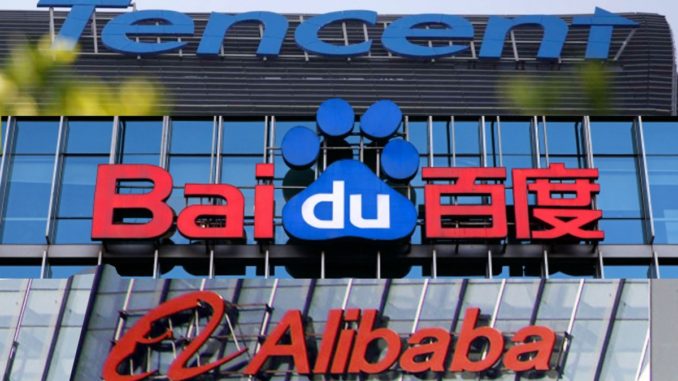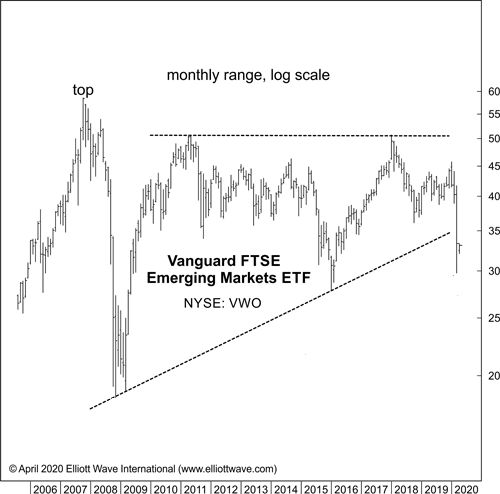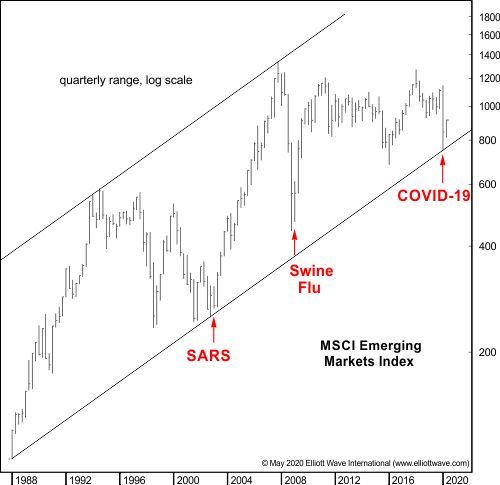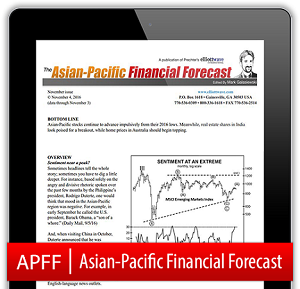
Vipshop Earnings Easily Beat; China E-Commerce Stock Jumps By Investors Business Daily
China e-commerce company Vipshop Holdings (VIPS) reported better-than-expected first-quarter results early Wednesday, though revenue fell from the year-ago quarter due to the pandemic impact. Vipshop stock rose.
The company reported adjusted earnings of 20 cents per share, up 11% vs. a year earlier, on revenue of $2.65 billion. Wall Street expected Vipshop earnings of 11 cents on revenue of $2.53 billion.
Revenue dropped 12% from the year-ago period, which the company said was “primarily attributable to soft consumer demand for discretionary categories, delayed logistic services and slow response from the supply chain during the Covid-19 pandemic.”
The company sees second-quarter revenue in local currency that is flat to up 5% vs. a year earlier.
Vipshop Stock Building A Base
Vipshop stock climbed 3.3%, closing at 16.50 on the stock market today.
VIPS stock rose 6.7% on Tuesday, reclaiming its 50-day moving average. Shares have been consolidating for several weeks and are on track to have a proper base at the end of this week, with a 19.05 buy point.
To draw in buyers to its website, Vipshop specializes in promotions and “flash sales” on a daily basis. It typically involves a curated selection of popular branded products in limited quantities. It’s gone a long way to help Vipshop stock and aid in boosting its repeat business.
Founded in 2008, Vipshop offers thousands of domestic and international brands at discount prices. It appeals to urban, fashion-oriented and value-conscious consumers.
“Looking ahead, we believe that we are presented with opportunities to expand our market share in the current macro-economic environment, due to the counter-cyclical nature of our discount retail business,” Vipshop Chief Financial Officer Donghao Yang said in written remarks with the earnings release.
Vipshop stock is up about 21% this year.
An Eye-Opening Perspective: Emerging Markets and Epidemics By Elliott Wave International
People across the entire planet remain very much aware of the COVID-19 health threat.
The global disruption associated with the pandemic far surpasses other major health scares in modern history.
Even so, you may recall 2009 news articles similar to this one from the New York Times (June 11, 2009):
It came as no surprise [on June 11, 2009] when the World Health Organization declares that the swine flu outbreak had become a pandemic.
The disease has reached 74 countries … .
And, going further back in time, the World Health Organization provided this July 5, 2003 update on the Severe Acute Respiratory Syndrome, known as SARS:
To date, 8439 people have been affected, and 812 have died from SARS.
The reason for briefly reviewing the swine flu and SARS is to point out that, as surprising as it may be, both outbreaks marked not the start, but the end of a downtrend in emerging markets stocks.
That’s a big reason why, amid the COVID-19 scare, Elliott Wave International’s April 2020 Global Market Perspective, a monthly publication which covers 40+ worldwide financial markets, showed this chart and said:
The dramatic drop has created an enormous [bullish] opportunity in the form of a completed contracting triangle pattern in emerging markets overall, as shown by the Vanguard FTSE Emerging Markets ETF, which is the largest emerging markets ETF by market capitalization.
The current, May Global Market Perspective follows up with this chart of the MSCI Emerging Markets Index. The last quarterly bar shows the substantial jump in prices since the March lows. Our global analyst remarked:
That this [price rise] has begun amid the COVID-19 pandemic only adds to the evidence supporting it: Asian-Pacific and emerging markets also began bull markets amid the SARS epidemic of 2003 and the Swine Flu pandemic of 2009, as the chart shows.
Of course, COVID-19 and past outbreaks didn’t “cause” stock prices to climb. The point — as our Global Market Perspective has said — is that epidemics tend to occur at the end of major sell-offs.
“Tend to” is the key phrase here, of course. There are no guarantees in financial markets. Besides, this outbreak is a full-blown pandemic with social and economic consequences that have already far surpassed anything we saw in 2003 or 2009.
Having said that, emerging markets did rebound, which is something Global Market Perspective subscribers were prepared for, and it’s worth noting. What happens next depends on the Elliott wave patterns in market psychology, which our global analysts are tracking in emerging markets (and developed ones) right now.
You can get free access to analysis from our global market experts in “5 Global Insights You Need to Watch,” which is a short, 5-video series (plus, two quick reads).
You get our latest forecasts for cryptocurrencies, crude oil, interest rates, deflation and the future of the European Union — all in just 13 minutes.
The 5 videos and 2 excerpts are straight from the Global Market Perspective — so yes, this is premium, subscriber-level.
All that’s required to access “5 Global Insights You Need to Watch” is a free, Club EWI membership.




